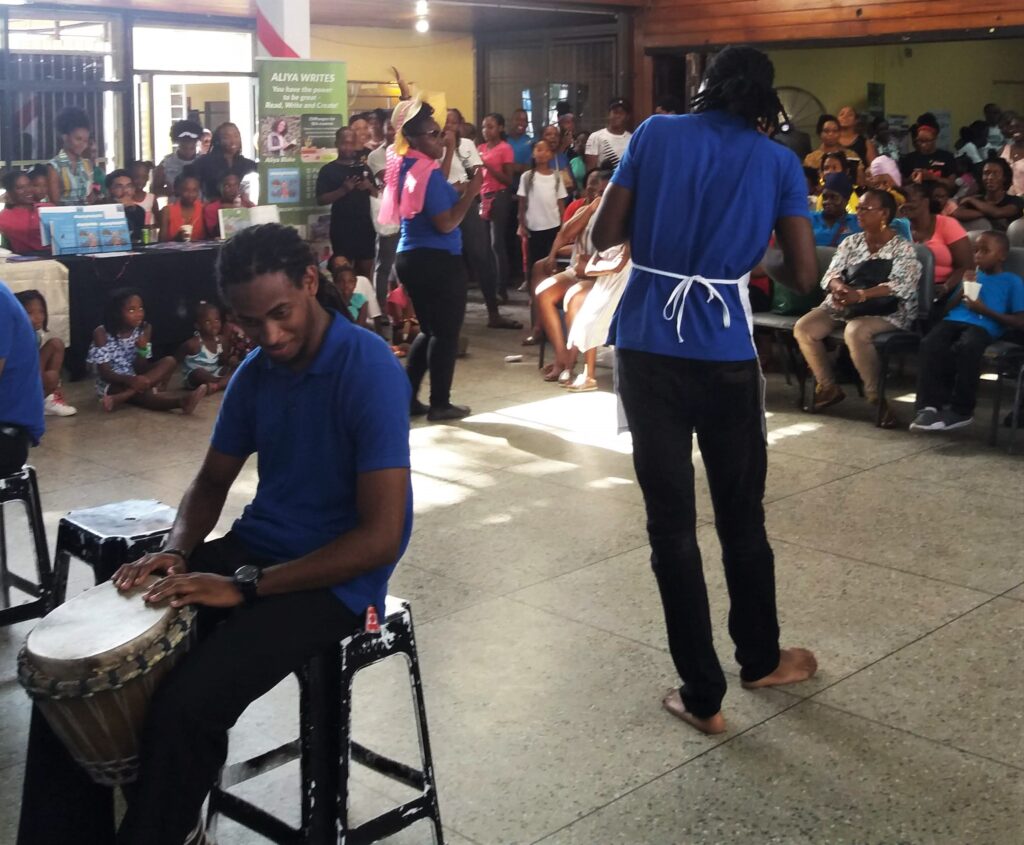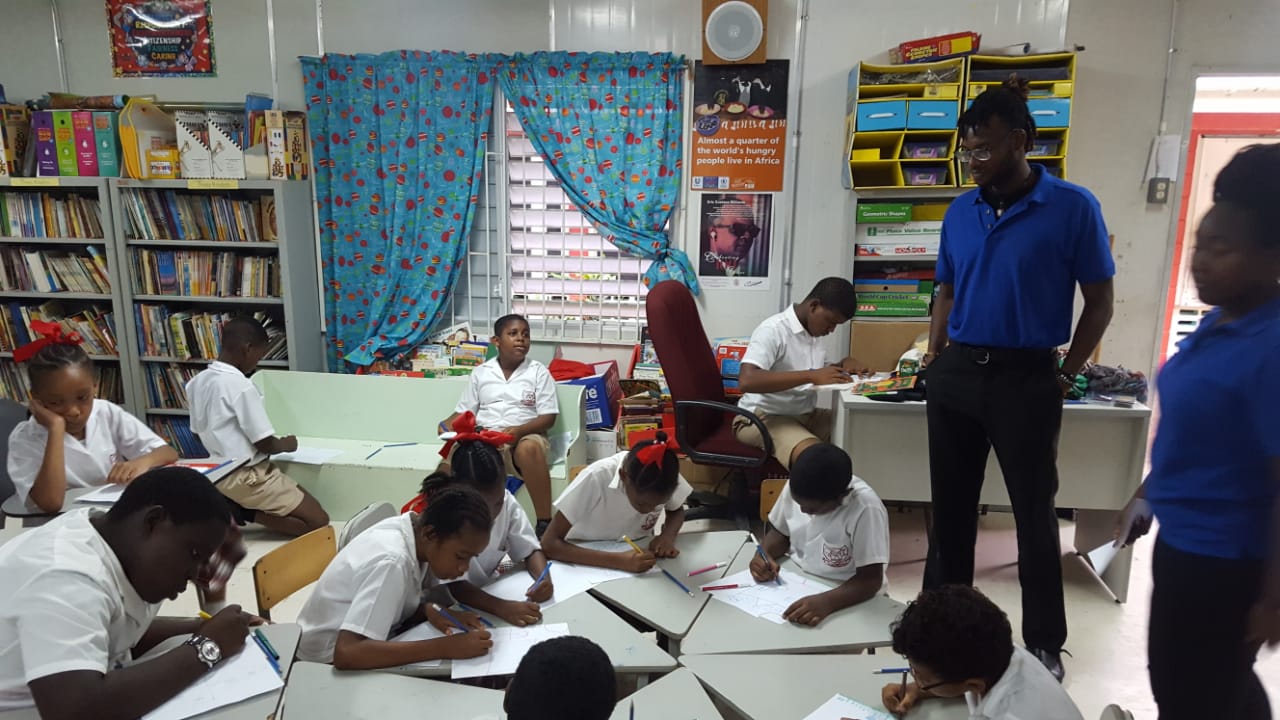
Arts-in-Action’s approach to its Community Outreach Projects is guided by two major considerations:
- The community engagement mandate put forward by the first Head of the Department of Creative and Festival Arts, UWI, (then Centre for Creative and Festival Arts) and AiA co-founder, Mr. Rawle Gibbons. Gibbons, a major contributor to the formulation of Caribbean aesthetics, saw the importance for the securing of a significant relationship between Caribbean artists and the communities that inform/influence/invest in their work. Arts-in-Action’s first major project was a response to the issue of domestic violence in the communities of Trinidad and Tobago following media reports of a spate of murders involving women. The Unit’s underlying philosophy pays homage to this mandate: …that the arts have an indispensable role to play in the attitudinal change and development of society.
- The historical legacy of Popular Theatre and Popular Arts in the Caribbean. The popular movements for civil rights, equality and self-determination in the Caribbean spanning from the 1930s into 1960s and 1970s, produced a particular kind of gaze into community organisation, education, social empowerment and economic development. Grass roots organisations, led by committed young men and women sought to eradicate the destructive legacy of colonialism, white supremist ideologies and classism which negatively impacted the mostly forgotten working class communities. Using theatre and arts-led activism, these groups attempted to work with these communities to realise a more integrated vision of self-determination and a sustainable process towards self-help, entrepreneurship and enterprise. To this day, the design of Arts-in-Action’s Educative Theatre and Applied Creative Arts continues to seek the critical, communal process of helping communities to help themselves.

